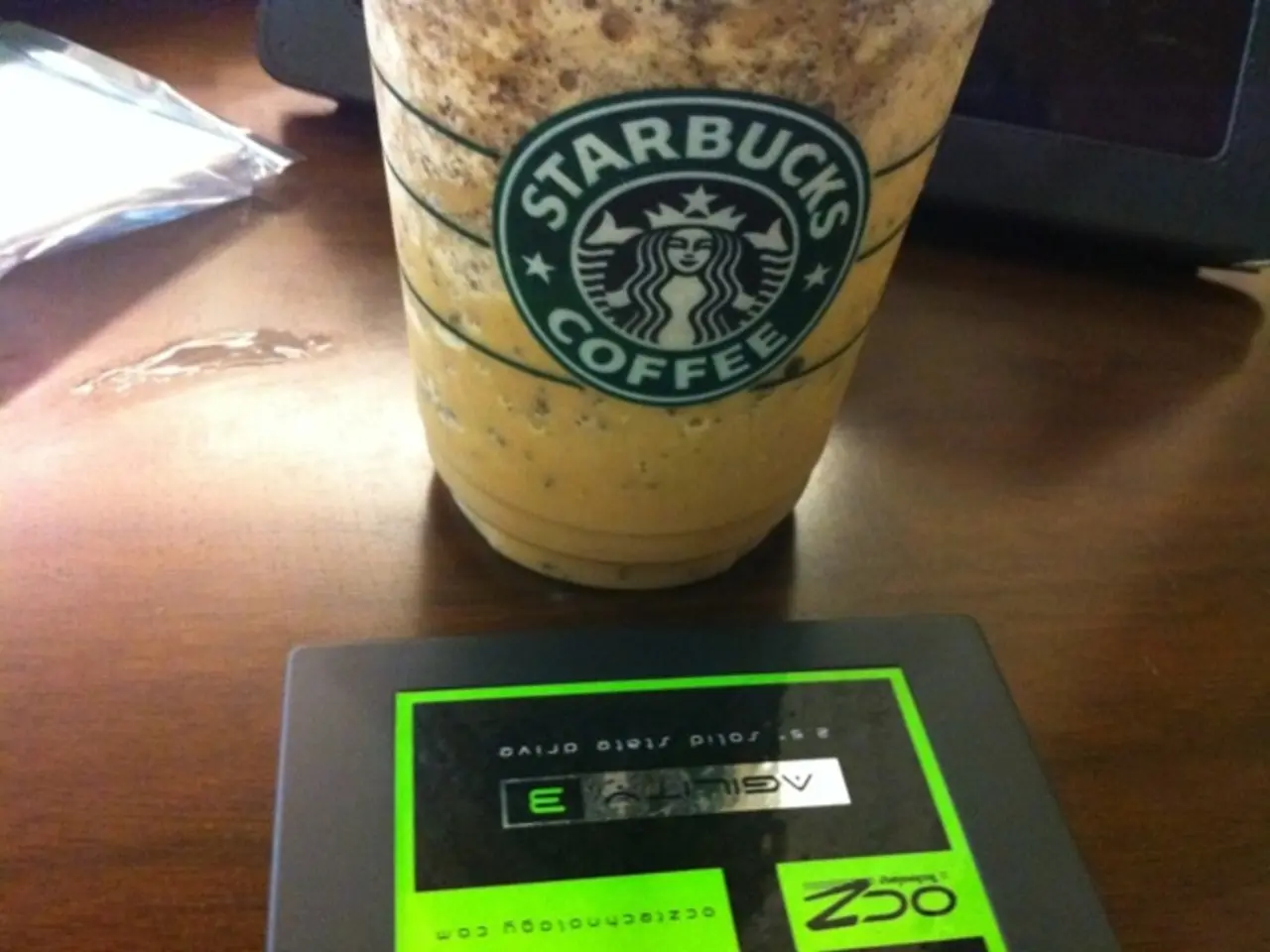Starbucks' transformation provokes baristas and patrons into heated discussions
In September 2024, Brian Niccol took the helm as Starbucks' chief executive, ushering in a new era with a $100 million pay package. One year into his tenure, Niccol is working tirelessly to revitalise the coffee giant.
The U.S. market, long a stalwart for Starbucks, is facing challenges. Long wait times during peak hours have been a primary complaint from customers, with the complexity of drinks like the Strawberry Matcha Strato Frappuccino causing headaches for baristas, such as 23-year-old Brooke Allen. To address this issue, Niccol is hiring more baristas, increasing labor costs, and implementing a new order sequencing system to better manage drink orders, prioritising in-store customers while spacing out mobile orders.
However, not all changes have been met with enthusiasm. The new dress code, which includes black T-shirts, khaki pants or jeans, and limited facial piercings, has been seen as too restrictive by some baristas. Similarly, the elimination of certain drinks and foods has caused confusion and frustration among customers and employees.
Niccol's ambition extends beyond the U.S. market. He aims to provide customers with premium-priced, unique beverages in a welcoming, coffeehouse environment, but at a fast-food pace. However, competition is fierce, with brands like 7 Brew Coffee and Scooter's Coffee rapidly expanding. In China, Starbucks' second-largest business, brands like Luckin Coffee pose a significant threat.
Starbucks' efforts to provide a personalised customer experience are evident in the new "host" position, designed to connect with customers waiting for drinks and make lattes and Frappuccinos as needed. Employees are also being held accountable for meeting new standards, such as writing a personalised message on every cup.
Despite the challenges, Starbucks' employees are experiencing record-low turnover rates, with a growing number of employees recommending Starbucks as a place to work. This positive trend is particularly notable given the recent unionisation of a Starbucks store in California.
The company's financial performance has seen ups and downs. The operating margin for the quarter ending in June fell to 13% from 21% a year earlier. However, Wall Street analysts believe Niccol is on the right track, citing the company's strategic changes and investments in employee growth and order-sequencing technology.
The tariff imposed by President Donald Trump on coffee imported from Brazil has driven up coffee prices, adding to Starbucks' financial pressures. Despite this, the company's iconic drinks, like the Strawberry Matcha Strato Frappuccino, continue to be popular, making it a hot choice among customers during the summer.
However, the fight for a contract agreement and to expand unionised ranks remains a challenge for Starbucks' chief executive, Brian Niccol. The fan favourite, the Petite Vanilla Bean Scone, has disappeared and reappeared, while the Java Chip Frappuccino may have been pulled but baristas must still make it should someone order it.
As Niccol continues to navigate these challenges, one thing is clear: his ambition for Starbucks is as strong as the coffee they serve.





